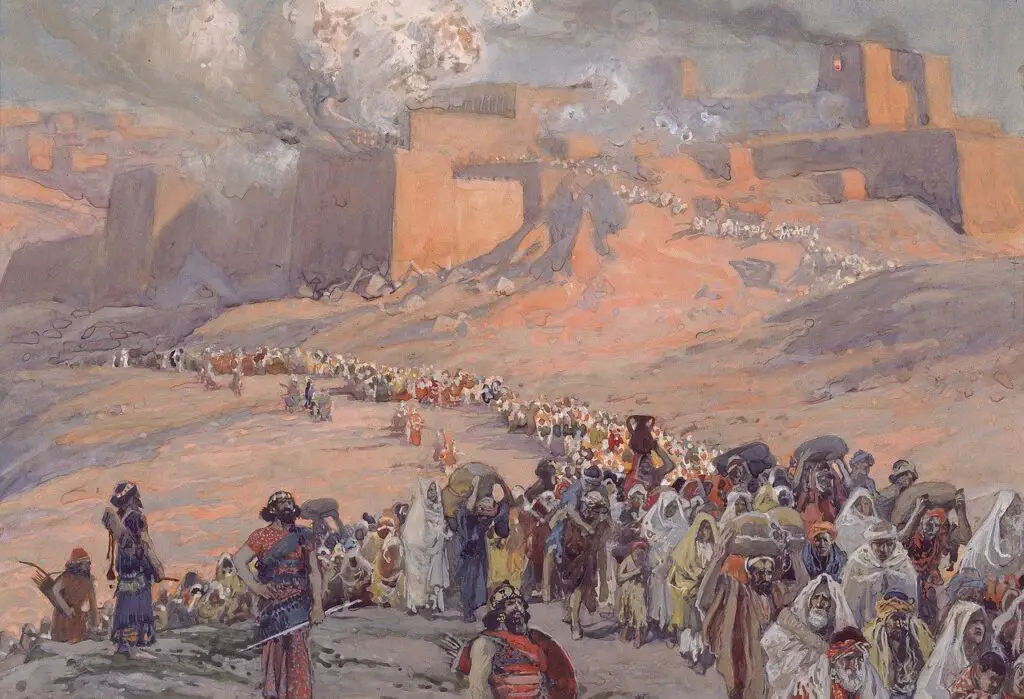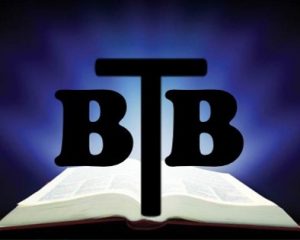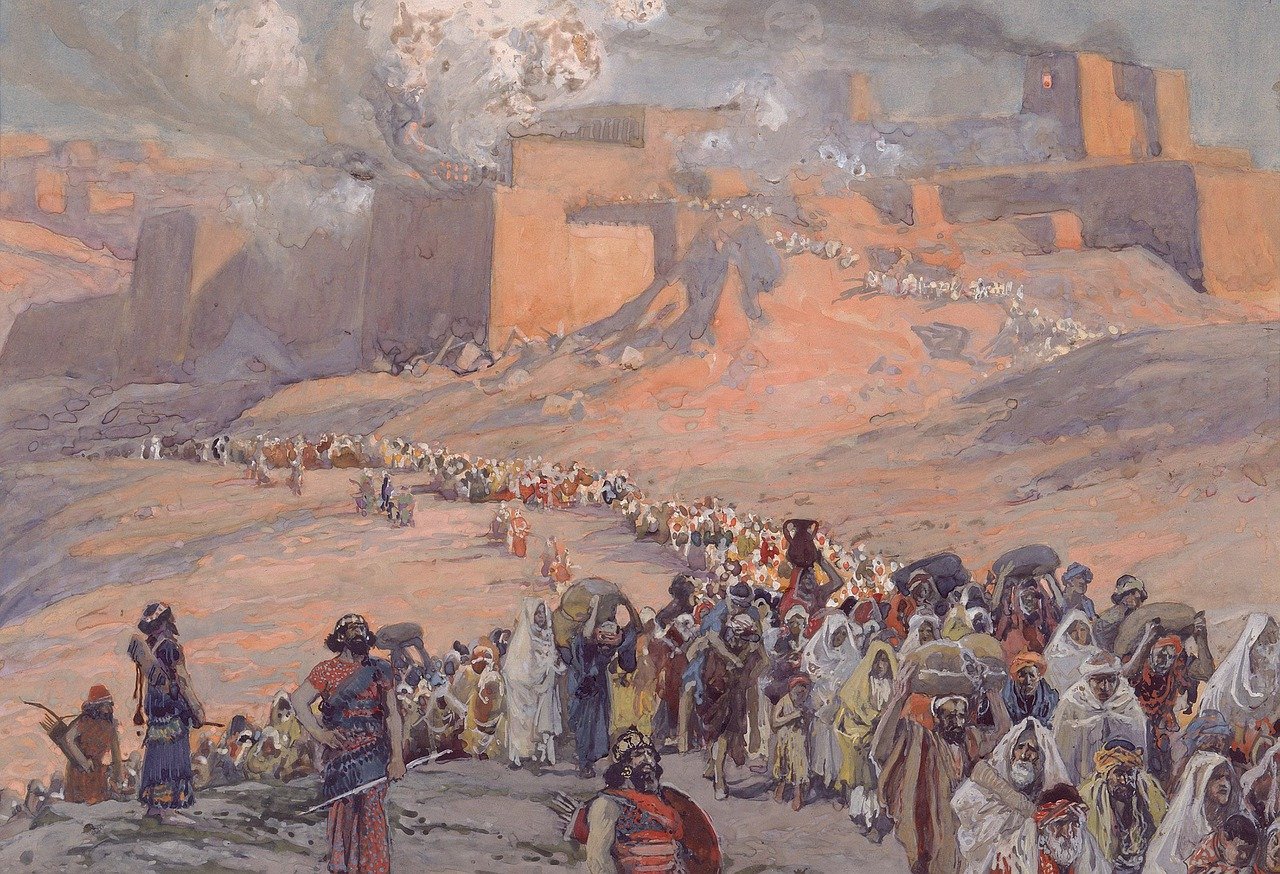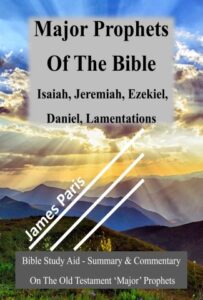As recorded in ‘Major Prophets of the Bible’ by James Paris (Full permissions granted)
When Jeremiah was written:
Most likely written during the time of exile, 587–538 B.C.
By Whom:
Jeremiah the Prophet.
Noteworthy People & Places:
Jeremiah; Nebuchadnezzar; Zedekiah; Pharaoh
Judah; Jerusalem; Babylon; Ammon; Damascus
Sound-Bites:
“Before I formed you in the womb I knew you,
And before you were born I consecrated you;
I have appointed you a prophet to the nations.” (Ch.1:5)
This is what the Lord says: “Let no wise man boast of his wisdom, nor let the mighty man boast of his might, nor a rich man boast of his riches; (Ch 9:23)
“The heart is more deceitful than all else
And is desperately sick;
Who can understand it? (Ch.17:9)
“For I know the plans that I have for you,” declares the Lord, “plans for welfare and not for calamity to give you a future and a hope.” (Ch.29:11)
This is what the Lord says: “Restrain your voice from weeping
And your eyes from tears;
For your work will be rewarded,” declares the Lord,
“And they will return from the land of the enemy.” (Ch 31:16)
The Messianic Link:
Messiah is led like a lamb to the slaughter. (Ch.11:19
He will be born a King and descendant of king David. (Ch. 30:9)
Messiah is the ‘righteous branch’, our Righteousness (Ch.23:5)
He is The Lord Almighty (Ch.23:6)
The Messiah will usher in a new covenant (Ch 31:31-33)
The Book:

At the time of Jeremiah’s writing, the Northern kingdom of Israel composing of 10 of the 12 tribes had already fallen to the Assyrian empire when in 722 BC. the ruling city of Samaria fell to Sargon 11 after a 3 year siege.
Jerusalem is in turmoil and the threat of imminent invasion by the Babylonians hung in the air as Jeremiah pronounced the coming judgement of God.
The Southern kingdom of Judah was eventually conquered by the Babylonians under king Nebuchadnezzar in 586 BC.
Jeremiah not only pronounces the coming Judgment of God throughout this book, but also a future restoration of the Kingdom.
This earns him the name of ‘the weeping prophet’ amongst many scholars.
Judah had fallen far from the will of God, and had sunk into idolatry and immorality.
Jeremiah even describes Judah as a ‘harlot’ in chapter 22:20.
Even with Jeremiah weeping in their ears, however, warning them to turn from their immoral ways and return to The Lord, they did not repent.
Worse than that, King Zedekiah gave permission for him to be lowered down into a muddy cistern ( A pit dug out of stone used for storing water) to shut him up. (Ch.38)
The cistern belongs to the Kings son Malchiah.
By vs 10 the King relented and had him removed after a petition from the eunuch Ebed-Melech.
The final chapters see the fulfillment of Jeremiah’s prophecies regarding their Judgment, as Nebuchadnezzar arrives as prophesied to destroy Jerusalem and take the people into captivity in 586 BC.

Brief Summary:
Bad news travels fast it is true – but it is seldom welcomed. However, Jeremiah preached not only the bad news, he also preached the way to prevent it from coming to pass—repentance.
Jeremiah was ‘lambasted and lampooned’ for his ‘message of doom’ – but nevertheless he was The Lords messenger faithfully delivering a very unpopular message.
It seemed that to ‘repent’ or to turn away from their old ways, was just too much of a price for the people to pay.
They could only hear the prophet telling them what they could NOT do, and chose to ignore the alternatives; so they threw him into an old muddy cistern thinking that would be the end of it.
Jeremiah no doubt took little pleasure in the fact that he was finally justified upon the capture of Jerusalem and the subsequent exile to Babylon.
The fact is that it is very easy to give an upbeat positive message to people. High fives and backslaps all around!
Jeremiah gets my respect for delivering a message that he knew was going to be unpopular in the extreme.
Roll on the coming restoration…


